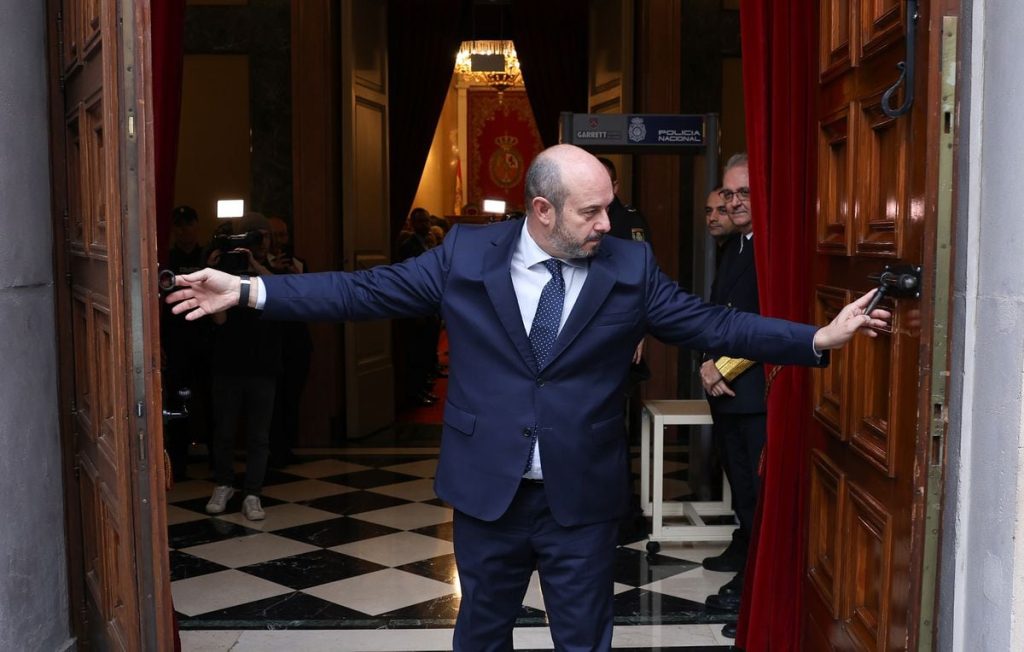The content highlights the intense political rivalry between the Popular Party (PP) and the socialist government led by Francina Armengol in Congress. The PP has launched a strategy to undermine the legitimacy of the lower house, claiming that true democracy lies in the Senate, where they have a majority. They plan to increase the number of monthly sessions in the Senate from two to three, emphasizing that the Senate is the true democratic space. This move has been criticized by other parties, accusing the PP of using the Senate for their own partisan interests.
The PP’s main focus is on a proposed amnesty law that is set to reach the Senate after passing through Congress. The PP has been preparing for this battle since the beginning of the legislative term, including making changes to the Senate’s rules to prolong the debate on the amnesty law. The PP aims to use the Senate to block or delay the law’s approval, and they plan to request input from external institutions and experts during the Senate’s two-month review period. However, their obstructionist strategy may only serve to prolong the process without significant practical impact.
The PP’s actions in the Senate have been criticized by other parties, who accuse them of acting unilaterally and using the Senate as a tool to attack the government’s stability. Some parties have pointed out that the PP’s tactics in the Senate are reminiscent of a filibuster and a strategy of total action to hinder institutional stability. The PP has been accused of ignoring the rules and using the Senate for their own political interests, leading to a lack of cooperation and a breakdown in trust between parties.
The opposition parties have raised concerns about the PP’s strategy in the Senate, accusing them of creating unnecessary noise and trying to shift the focus away from issues that require attention. While the PP can use the Senate to create obstacles for the government, their power is limited, as decisions made in the Senate need to be approved by Congress. The only area where the PP could potentially corner the government is in the approval of the spending ceiling and deficit targets, crucial for passing the Budget. However, the government has contingency plans in place if the Senate rejects these proposals.
Overall, the Senate has become a political battleground, unlike anything seen since the Constitution was established in 1978. The PP’s actions in the Senate have drawn criticism from other parties, who view their approach as disruptive and damaging to the democratic process. While the PP may attempt to delay or block legislation in the Senate, their impact may be limited, and the government remains focused on addressing multiple challenges on various fronts. Despite the political tensions in the Senate, the government is confident in its ability to navigate through the adversarial environment and advance its agenda.


